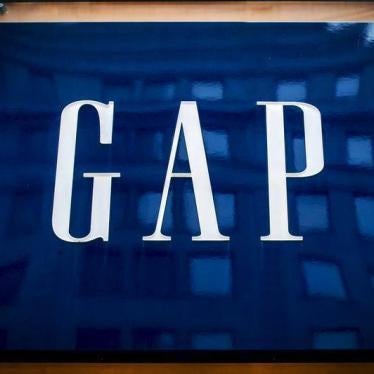The French government should publicly pledge and actively ensure respect for international labor rights in the construction and maintenance of the Louvre’s planned branch in Abu Dhabi, Human Rights Watch said today.
Human Rights Watch in February 2007 sent the French government and the Louvre Museum private letters highlighting its concerns about the exploitation of migrant workers in the United Arab Emirates (UAE) and underscoring the legal obligations to respect the rights of workers there, but to date has not received a reply.
Abu Dhabi will reportedly pay France nearly US$1.3 billion for the use of the Louvre’s name, its art treasures and expertise. The Abu Dhabi Louvre is scheduled to open in 2012. It will be the first branch of the Louvre located outside of France, and will be part of a cultural district that will include three other museums, including a branch of the Guggenheim.
“The French government should ensure that the reputation of France’s foremost museum is not tarnished by labor violations at the Louvre’s first branch overseas,” said Sarah Leah Whitson, the Middle East Director of Human Rights Watch. “The French Ministry of Culture should make a public commitment and take all necessary steps to prevent the exploitation of migrant labor at the Abu Dhabi Louvre.”
In a report published in November 2006, Human Rights Watch documented pervasive abuses against migrant construction workers in the United Arab Emirates.
They endure hazardous working conditions and years of indebtedness to recruitment agencies for fees that UAE law says only employers should pay. Their employers routinely withhold wages and confiscate their passports. Human Rights Watch found that UAE government agencies fail to hold employers accountable for these common violations of law, contributing to an atmosphere of impunity that perpetuates these abuses. In addition, the UAE government does not protect workers’ rights to organize, bargain collectively and strike.
In February, Human Rights Watch expressed its concerns in private letters to President-Director of the Louvre, Henri Loyrette, and the former Minister of Culture, Renaud Donnedieu de Vabres. Human Rights Watch has not to date received a reply.
Specifically, Human Rights Watch urges the Louvre to require that its UAE partners not withhold workers’ wages, not confiscate passports, document and publicly report work-related injuries and deaths, and forbid recruiters from unlawfully collecting recruiting, travel and visa fees from workers. The Louvre should establish an independent and transparent oversight committee to monitor labor practices at the Abu Dhabi Louvre. In addition, the French government should ensure that the Louvre and its UAE partners are taking these important labor rights measures and urge authorities in the UAE, which is a member of the International Labour Organization, to ensure workers’ rights to bargain collectively, form unions and strike.
“The French government should set an example for other cultural institutions developing projects in the UAE by doing its part to uphold rights of workers,” said Whitson.






